Changing our behavior is hard. So hard, in fact, this post will barely scratch the surface. I doubt there is anyone alive who doesn’t want to change something about their life — a relationship, a job, a nagging thought, an eating habit, a sleeping habit, etc. Most of you reading this post can probably make a huge list of everything you’d like to change in your life. I know I can.
Changing our Behavior Challenges
The desire to change is a fantastic part of being human. If we didn’t feel compelled to change, then we would still be living in caves and eating seeds. Yet an intense dislike of change is also part of being human. We like our daily routine, if only because it is familiar. On a conscious level, we may know that not getting enough sleep isn’t working for us. But changing our behavior so we get enough sleep means losing that last hour of the night to get something done or giving up a favorite TV show (or at least remembering to record it or find it online). I may not like feeling tired all day, but at some level, it’s working for me.
In technical, therapy-speak, this phenomena (an unnoticed benefit from an otherwise icky behavior) is known as “secondary gains.” I love helping clients realize their secondary gains from a behavior they want to change. In my experience, personally and professionally, identifying the secondary gains can be a major key to actually changing our behavior.
Secondary Gains – An Example
Sometimes secondary gains are easy to see, like drinking a beer helps us relax. We drink because we like the taste, and the secondary benefit is feeling relaxed. The negative consequences of drinking to relax range from mild to severe. Mild end: drinking in the evening disrupts our sleep and might increase feeling sad. Severe end: alcoholism or death. While we can lecture ourselves or others about the negative cost of drinking, we are not likely to change our behavior unless we find another way to relax. By identifying the secondary gain, relaxation, we have a powerful plan for changing the behavior (drinking).
How Seeing Secondary Gains Helps with Changing our Behavior
Sticking with the example above, let’s say we decide we want to drink less so we need to find a different way to relax. Let’s think about other ways to relax: taking a walk, stretching, listening to jazzy music, talking to a loved one, taking care of a plant, reading, watching TV, etc. Excellent — so we’ll just exchange our evening beer(s) for one of those activities. Done.
Try again. This is something easier said than done. There are new challenges to doing these different activities, both external and internal. Externally, each of these activities might take longer than it takes to drink a beer. They might require us to change our clothes or go by something, like a plant. Internally, we are facing neurological inertia. Whoa, two big words in a row…
Understanding Internal Inertia
Neurology is the study of the brain. The more I learn about how the brain really works, the less I feel bad about my own struggles. Good news is our brain is able to change and adapt, at all points in our life. Bad news: the way the brain is put together makes this change really hard to do. Our brain will literally create ruts for us to fall into. Grooves to get stuck in. Reinforce old habits. We are also more like our animal cousins than we want to admit.
This means our brain is going to resist changing. Our brain is going to say, wait, why go for a walk? The beer works! It works quickly, reliably, and we know how to do it. Just drink the beer (and this isn’t addiction I’m talking about, just normal attempts at change). Internally, we will make excuses and justify engaging in the same old behavior. In order to actually change what we do, we have to DO the new behavior repeatedly.
Doing the new behavior will create new ruts or grooves in our brain. Our brain will start to reinforce the new habit. Until we reach the point that the new behavior is just second-nature, like the original habit, we will have to consciously choose the new behavior. So let’s say we’ve decided to swap our evening beer for a ten minute walk. In order to do this successfully, we will need to mentally, consciously choose to do it and then DO it.
If you think changing our behavior is easy, then you haven’t walked through the self-help section of a bookstore lately. Start somewhere and go easy on yourself. And maybe come back to our blog or see a therapist if you need a boost. Best wishes.
